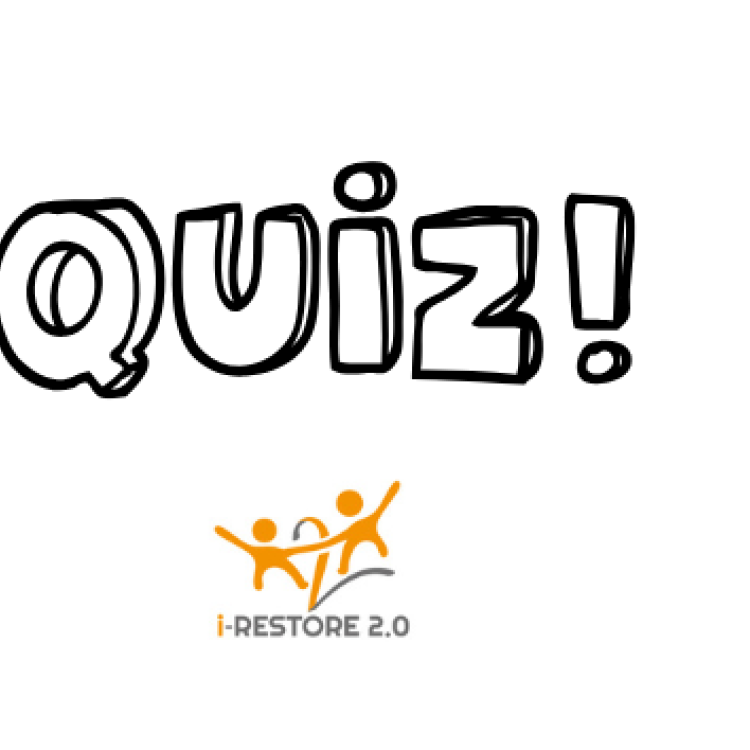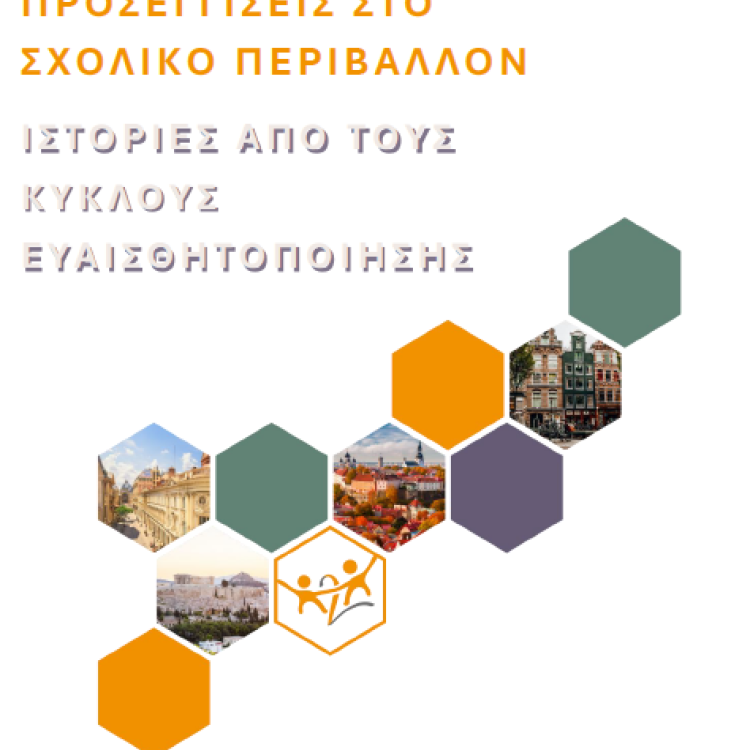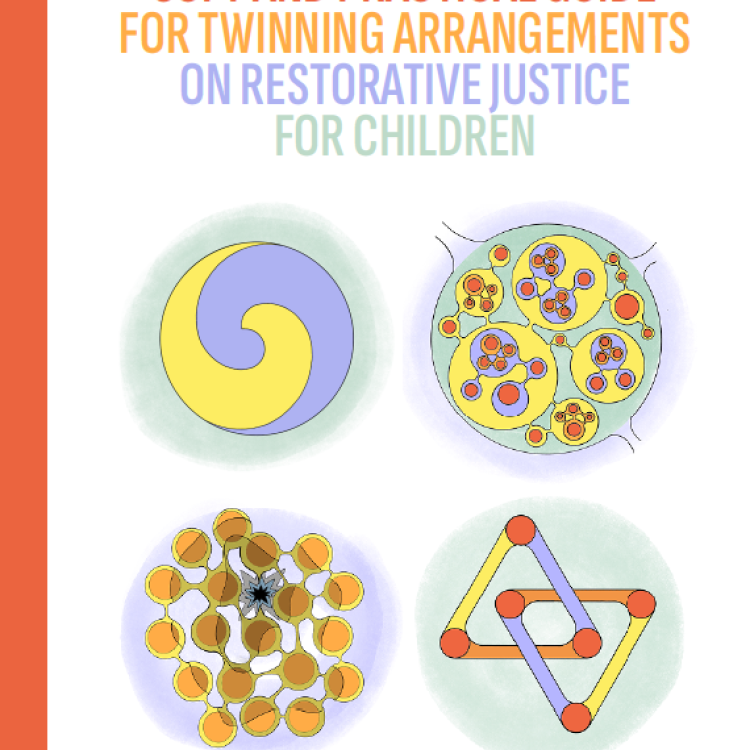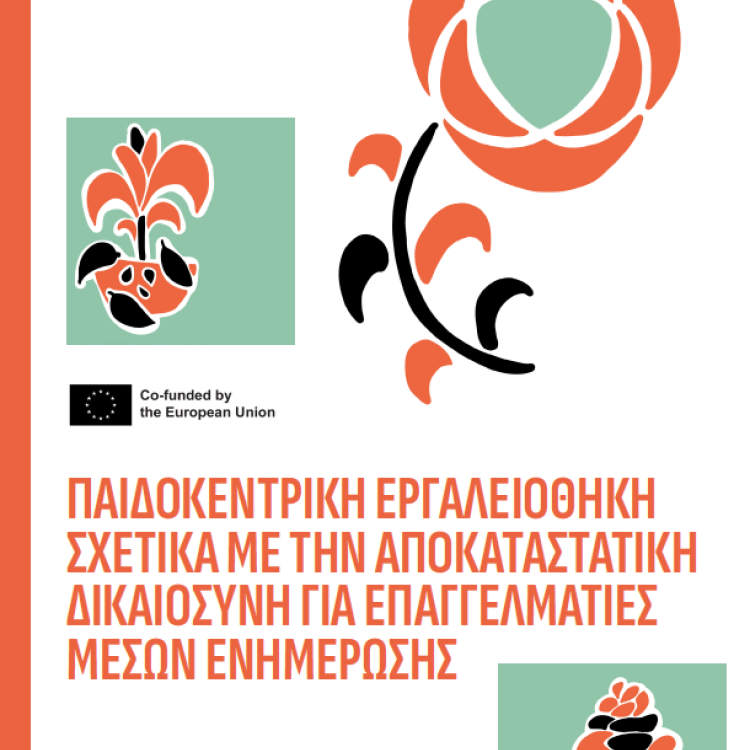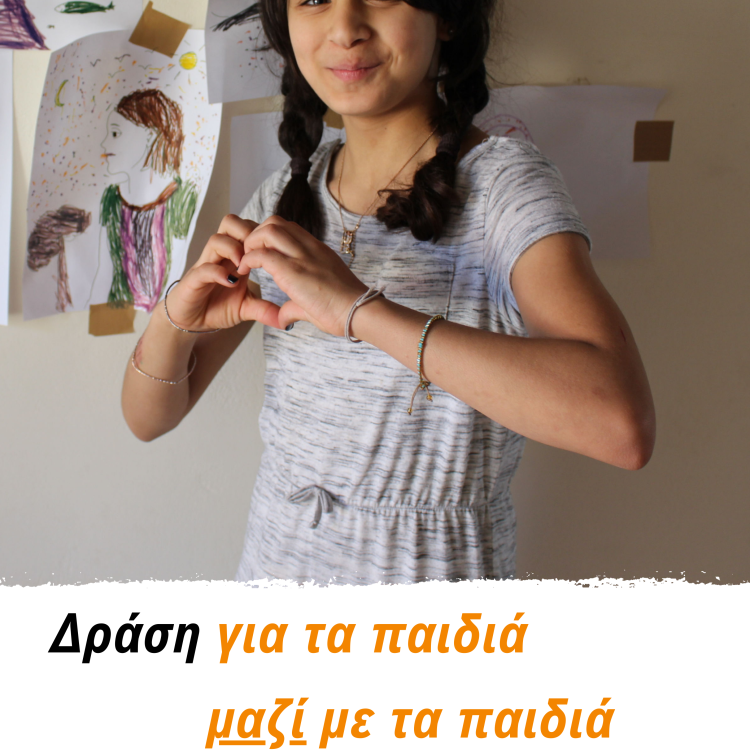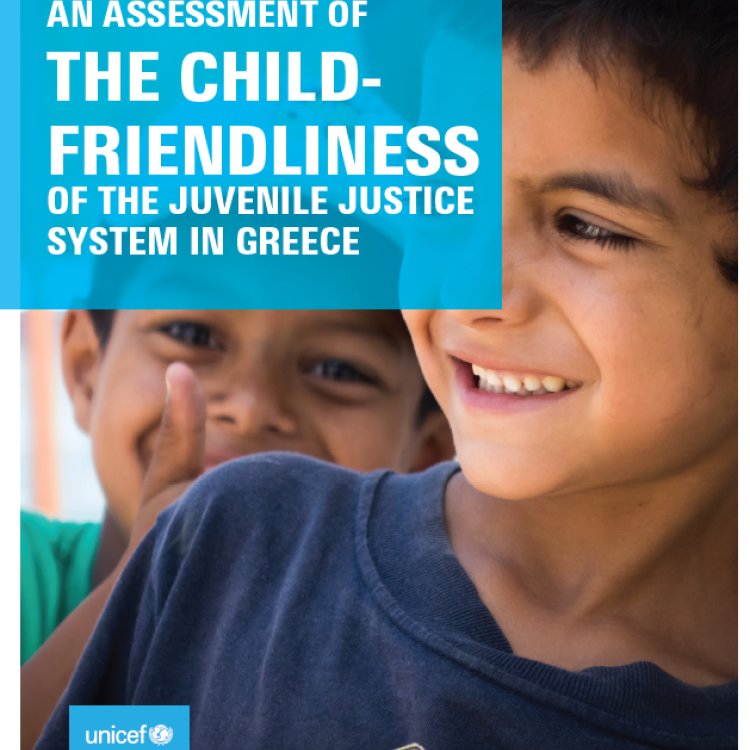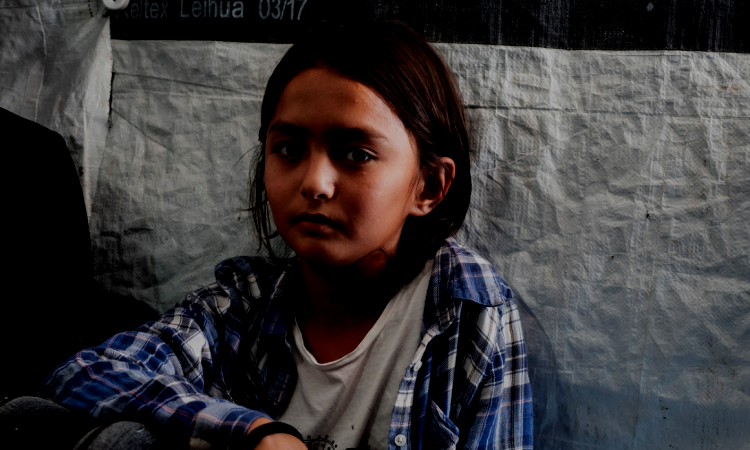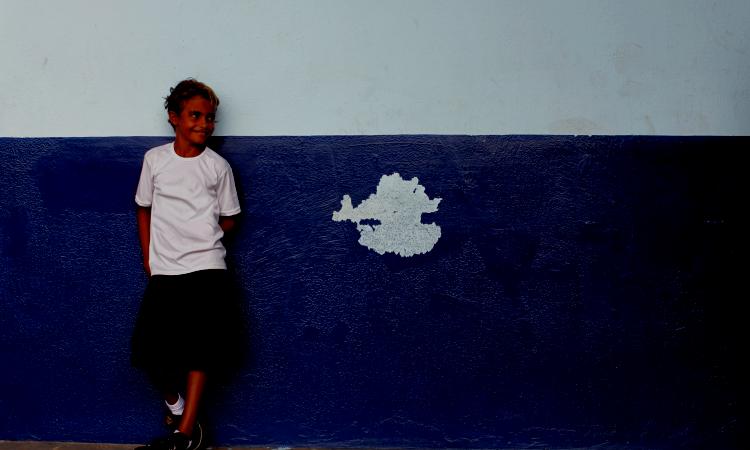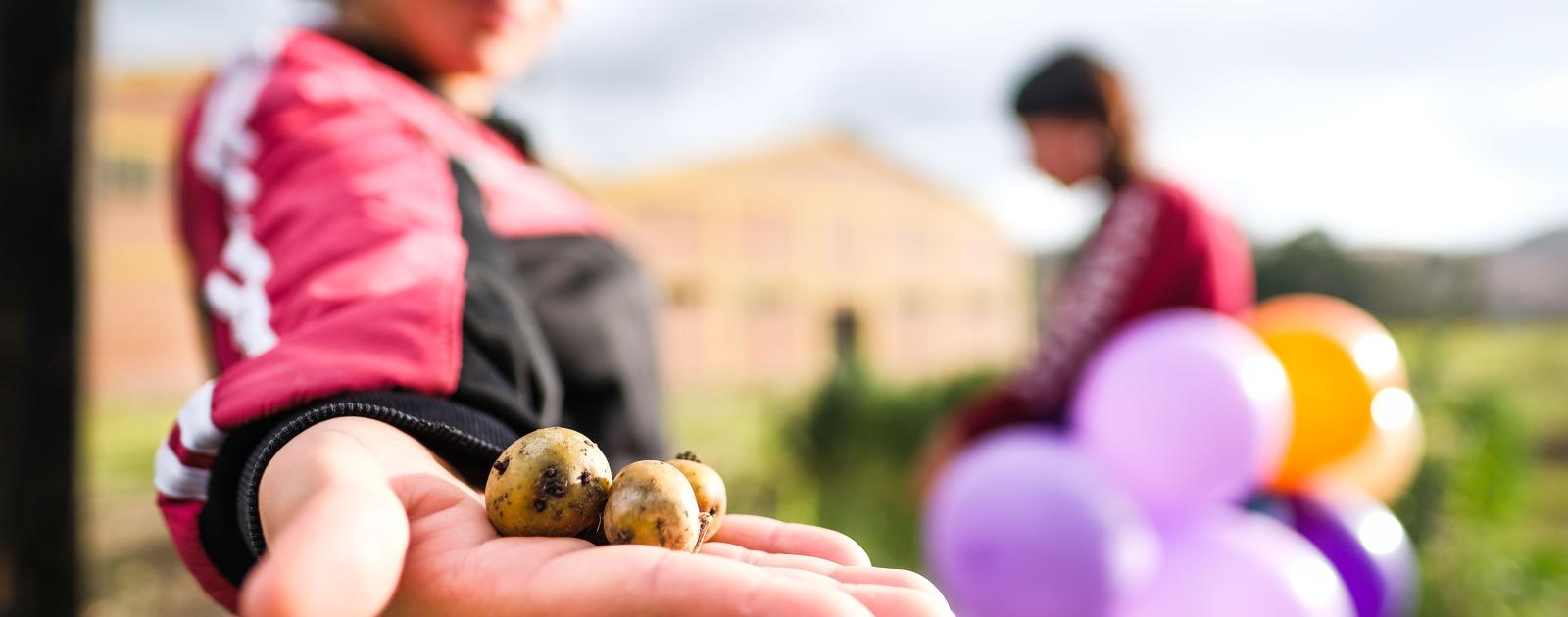
i-RESTORE 2.0 project (2022-2024) builds on the i-RESTORE project (2019-2021), which focused on promoting the use of restorative justice in cases involving child victims of crime and strengthening the capacities of justice professionals. As a result of this project, i-RESTORE 2.0 was drafted to go a step further and create accessible quality restorative justice processes for children in contact with the law.
Target beneficiaries:
i-RESTORE 2.0 supports practitioners, policy makers and children in contact with the law.
Countries of Implementation:
The project focuses on Romania, Estonia, Greece and the Netherlands. Its tools and materials will be disseminated across Europe.
Objectives:
- Build the capacities of national practitioners to address issues related to the rights of child victims and children suspected and/or accused of crime when involved in restorative justice processes
- Increase knowledge and exchange of learning among EU justice actors about access of child victims and children suspected and/or accused to high quality restorative justice processes
- Empower child victims and children suspected and/or accused of crime to be agents to play a meaningful role when involved in restorative justice processes
- Raise awareness among multidisciplinary actors and the community about accessibility and its obstacles, to high quality restorative justice processes for child victims and children suspected and/or accused of crime
i-RESTORE 2.0 is led by Terre des hommes Romania in partnership with Terre des hommes Regional Hub in Hungary, Terre des hommes Greece, European Forum for Restorative Justice (Belgium), Restorative Justice Netherlands, HALT (Netherlands), and Social Insurance Board (Estonia)
For more information, contact:
- Cristiana Bulgariu: [email protected]
- For information on the implementation of i-RESTORE in Greece, contact: Panagiota Kanellopoulou at [email protected]
